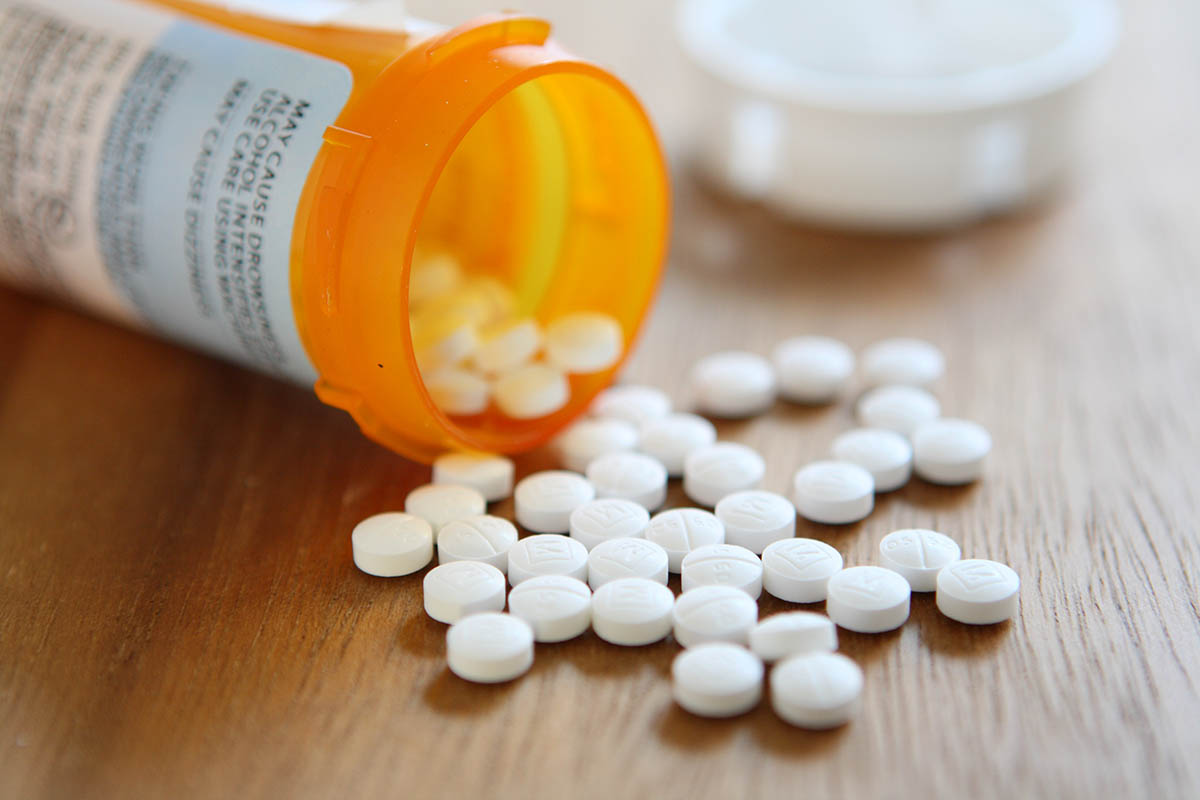Despite the global attention it has garnered, the opioid epidemic is getting worse each year. Many myths and misconceptions around opioids continue to cloud people’s judgment slowing down the fight against opioid use disorder.
Notably, opioids are the most common type of medication given for pain management, which is also a large contributor to the number of people struggling with opioid addiction. Educating and eradicating these misconceptions is a massive step towards reducing the numbers.
Midwest Recovery Center specializes in handling unique addiction cases and tailors a treatment plan in our opioid addiction treatment program to ensure increased long-term recovery.
Opioid Use as a Moral Failing
Many people still think of addiction as a character flaw and a morality issue assuming that people choose to be addicted to opioids rather than a complex brain disorder. This attitude promotes shame and stigmatization, which acts as a deterrent to many trying to seek treatment. However, research has proven that numerous factors can influence the risk of addictions, including:
- Genes
- Mental illness
- Trauma
- External pressures
Once you are dependent on opioids, your brain chemistry changes, making it much harder to quit. At this point, it requires more than willpower to achieve successful sobriety. Another misconception is that one can detox from opioids independently, and while this is possible, it is ill-advised. Seeking professional treatment to get clean ensures it is done safely and increases the chances of long-term recovery. Some of the advantages of a recovery center include:
- The medical staff can monitor your health and treat any health conditions aggravated by the pressures of getting sober.
- Treatment centers offer environments and programs that are safe and free from triggers and temptation; for example, community housing, partial hospitalization, and rehab.
- Supervised medical detoxing increases an individual’s commitment to sobriety, unlike when you decide to detox on your own and give up due to acute withdrawal symptoms.
- Medical detox allows the doctors to use successful tapering, enabling the user to wean off the opioid slowly.
- Administering supplementary addiction therapies such as recreational therapy, group therapy, and motivational interviewing ensures the whole person’s healing and recovery.
Opioids Manage Chronic Pain
Misconceptions surrounding opioids include the belief that they can effectively treat chronic pain, often the addiction’s origin. While opioids can treat short-term pain, they are not the best choice for prolonged use. This is mainly because the body develops tolerance requiring higher dosages to achieve the desired results, and sometimes, the dosage can go alarmingly high to dangerous dosages. Additionally, patients who use opioids to manage pain are at a higher risk of a condition known as opioid-induced hyperalgesia, which causes spontaneous pain.
Prescribed Opioids Do Not Cause Addiction
Another misconception is that opioid addiction only affects individuals who abuse their medication, and if you follow your prescription, you will not become addicted. However, the opioid crisis can be traced back to healthcare professionals who over-prescribe opioids. Many people with no previous substance abuse issues are oriented to using opioids following a medical procedure such as wisdom tooth extraction, surgery, or a painful medical procedure that requires aftercare. Unknowingly, they develop a physical dependence that results in addiction. A lot more care is now being practiced by healthcare providers worldwide when prescribing potentially addictive medications.
Opioids Addiction Treatment at Midwest Recovery Center
Talking about it and demystifying the myths and misconceptions around opioids is the right step in dealing with the opioid epidemic. By engaging in conversations, people get to ask questions and learn how to manage and treat this addiction. At Midwest Recovery Center, we include family and group therapies to further the conversation on addiction’s truths and the best way to ensure long-term recovery. Contact Midwest Recovery Center at [Direct], or contact us online and begin your road to sobriety.


























